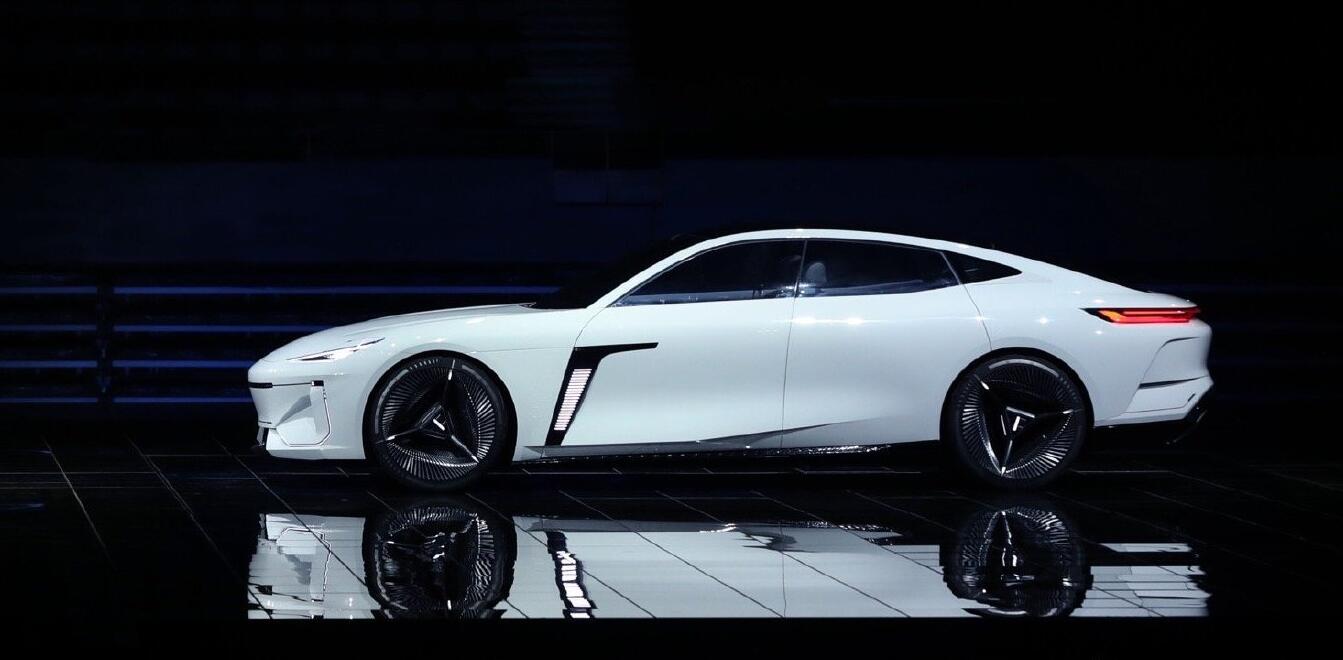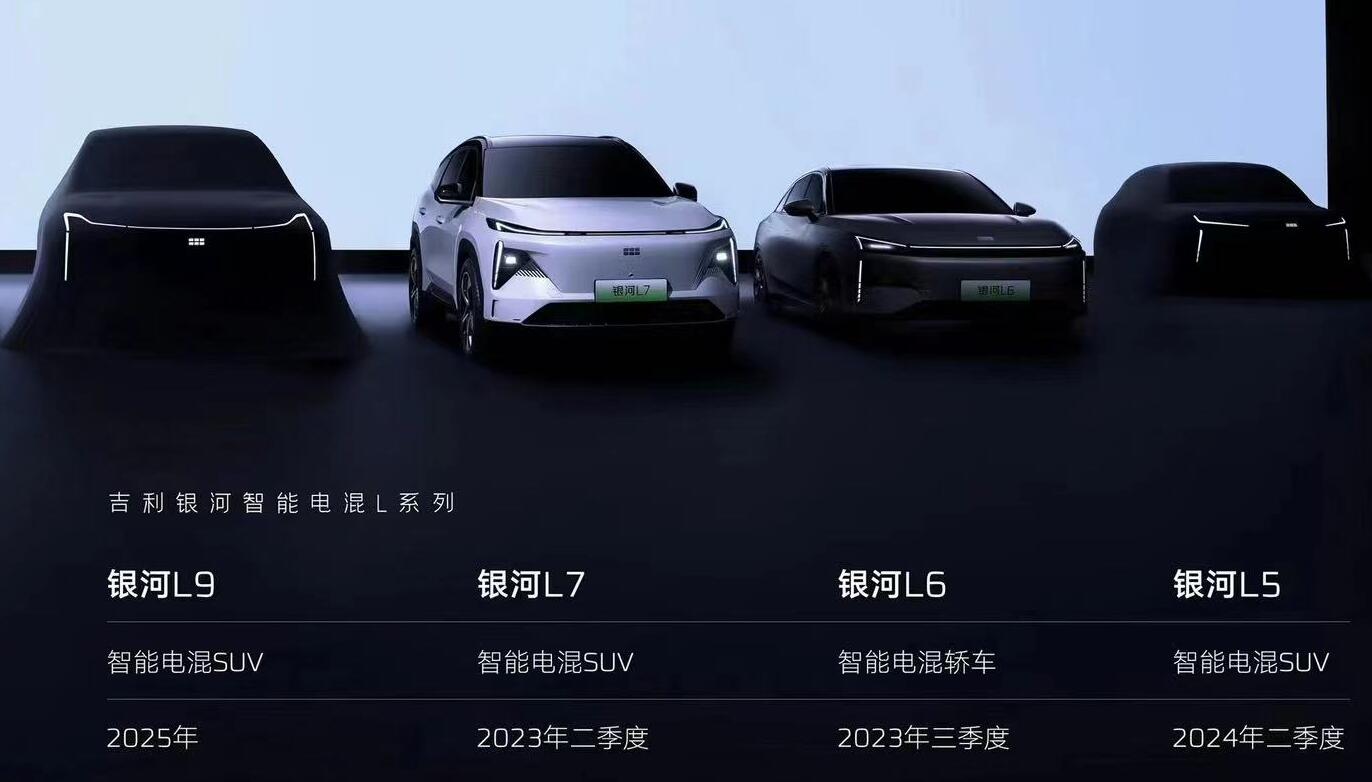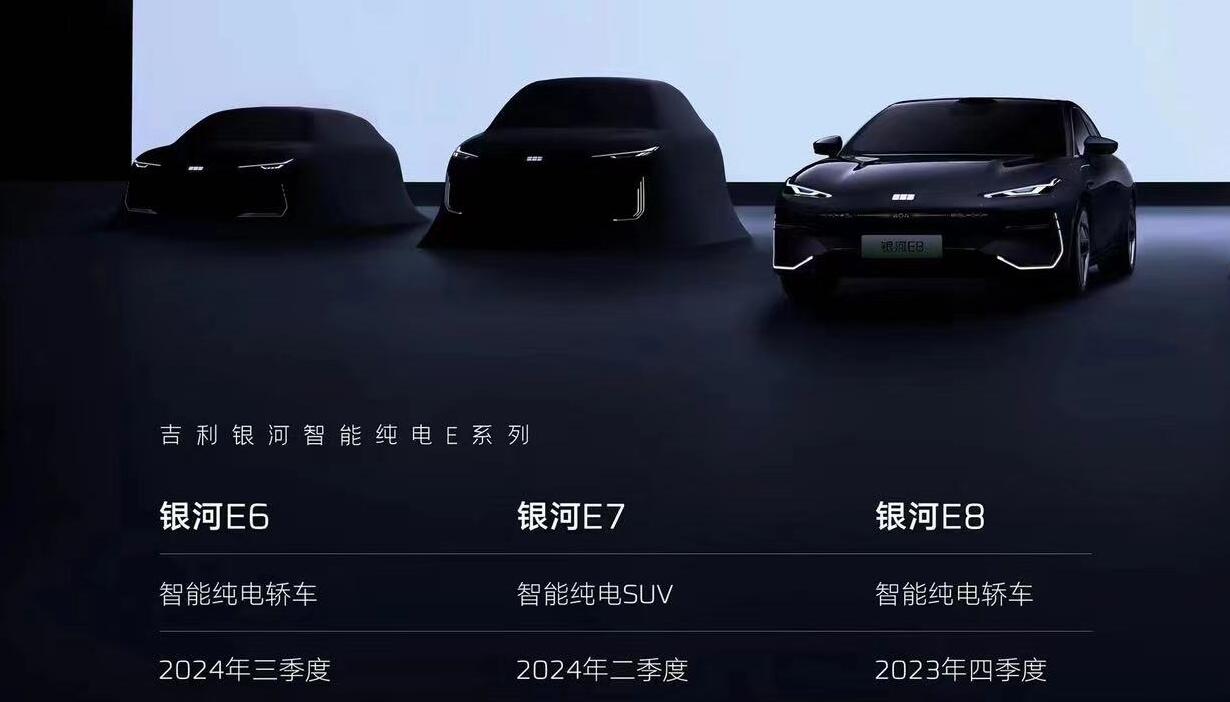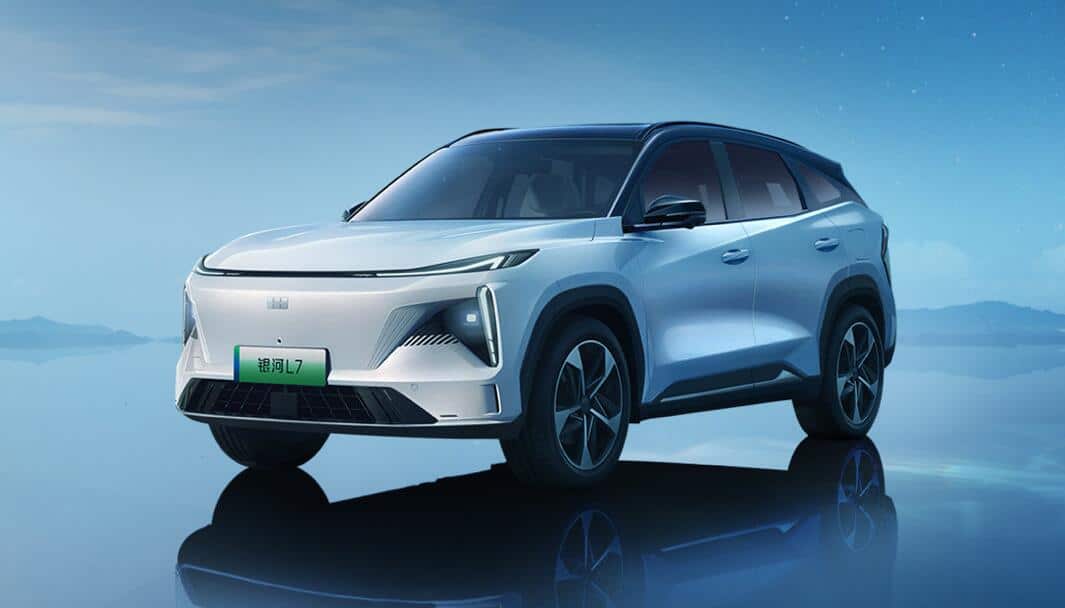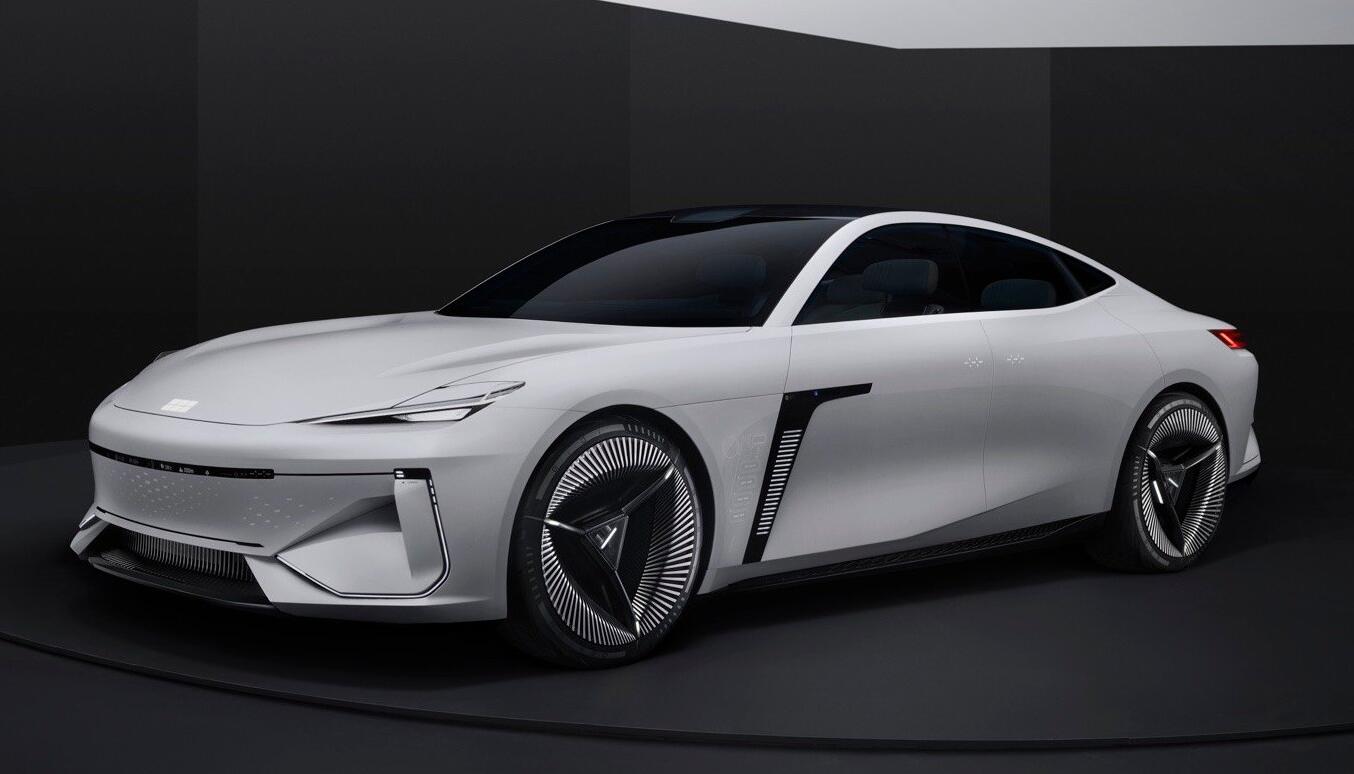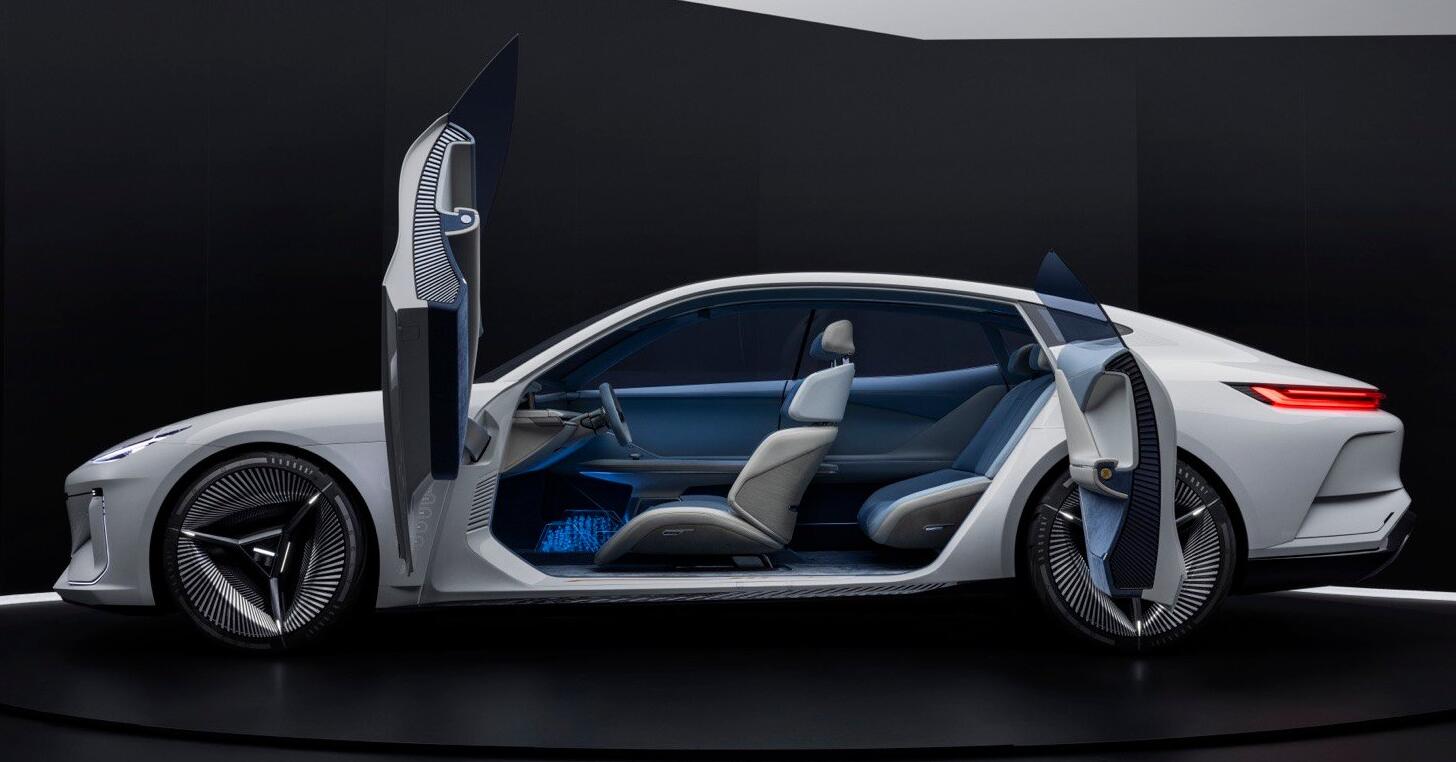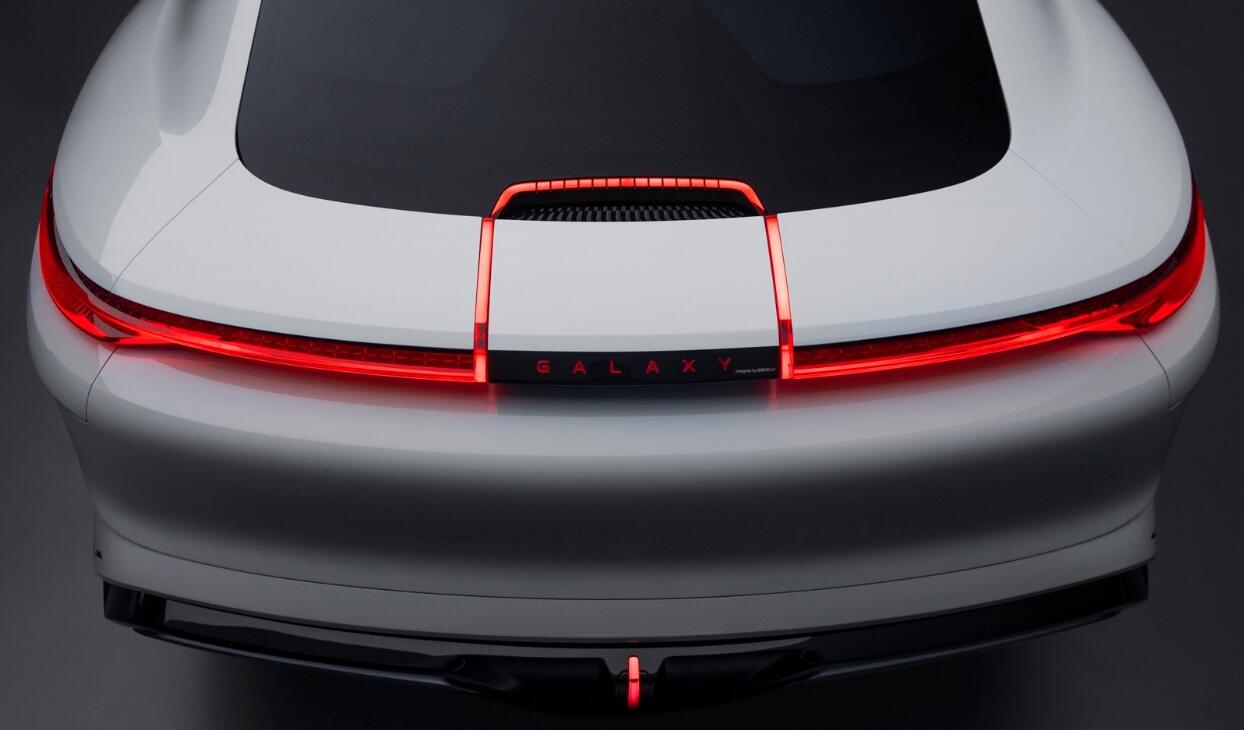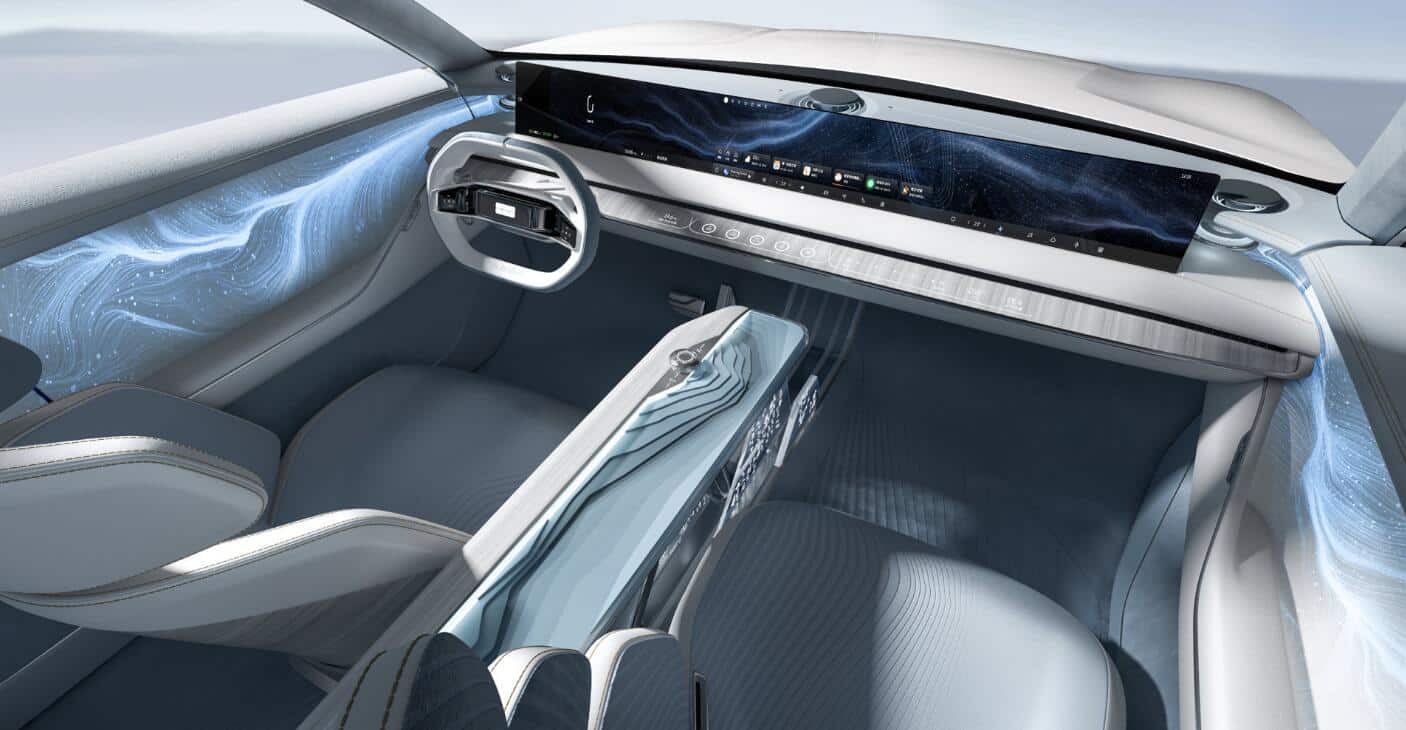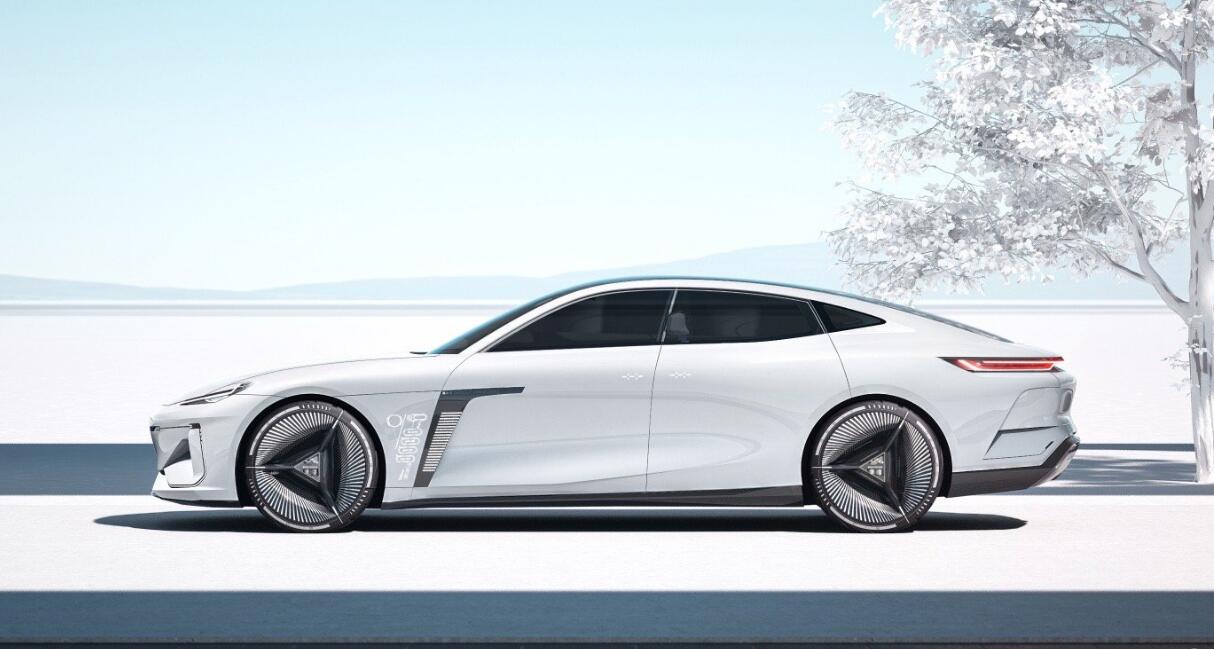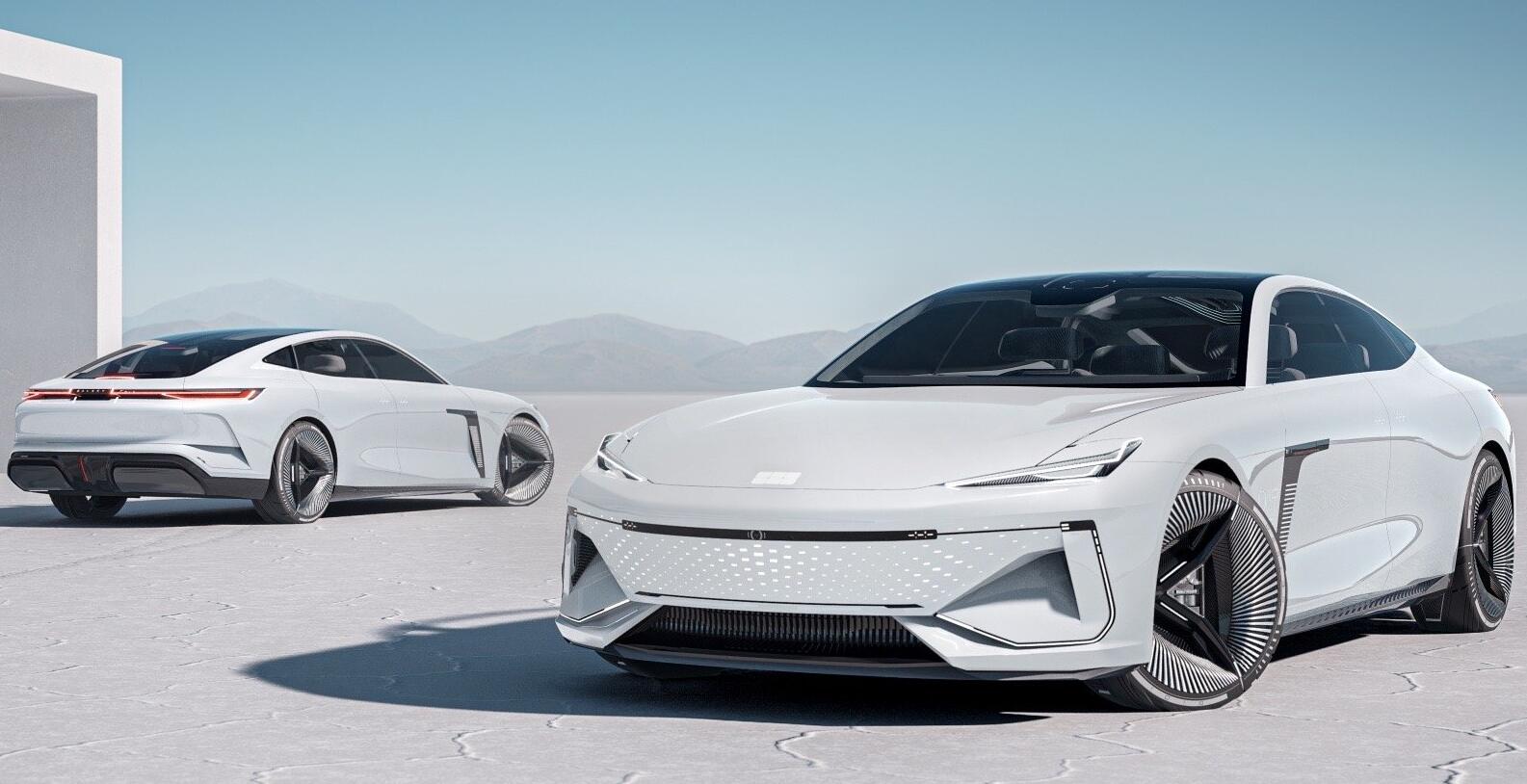Geely Galaxy will launch four hybrid models and three all-electric models in the next two years to target the mass market.
(Image credit: Geely Galaxy)
Geely Auto Group has officially launched Geely Galaxy, a new lineup that aims to launch a cumulative total of models by 2025 to target the mainstream plug-in hybrid and pure electric vehicle markets.
The auto giant introduced the new lineup and its strategy for the new energy vehicle (NEV) market at a launch event in Hangzhou, Zhejiang province, Thursday night.
Geely Galaxy aims to build safe, smart and anxiety-free smart electric vehicles with world-class NEV architectures, the company said.
The new lineup plans to launch a cumulative total of seven models by 2025, including four plug-in hybrid models in the L series and three all-electric models in the E series.
Geely unveiled at that event the Galaxy L7 SUV, which will be the first production model under the Geely Galaxy lineup and will be officially launched in the second quarter of this year.
Geely Galaxy will launch the Galaxy L6 in the third quarter of 2023, the Galaxy L5 in the second quarter of 2024, and will launch the Galaxy L9 in 2025.
In the pure electric product sequence, Geely Galaxy will launch the Galaxy E8 in the fourth quarter of 2023, the Galaxy E7 in the second quarter of 2024, and will launch the Galaxy E6 in the third quarter of 2024.
Geely Galaxy's L-series models are named similarly to Li Auto (NASDAQ: LI), which launched its Li L7 five-seat SUV on February 8.
Geely Galaxy is the lineup Geely is using to target the mass market, following the initial success of the Zeekr brand in the premium market.
Under the Geely Auto Group umbrella, the Geely brand is currently targeting the low-end internal combustion engine vehicle market, with the Geometry brand targeting the low to mid-range pure electric vehicle market.
The Lynk & Co brand, jointly held by Geely Auto and Volvo Car, targets the mid- to high-end hybrid and internal combustion engine vehicle market, and Zeekr targets the high-end electric vehicle market.
This is one of Geely's initiatives to achieve this year's sales target and to increase its electrification transition.
Geely Auto Group CEO Gan Jiayue said last month that the group's sales target for 2023 is 1.65 million vehicles, including 600,000 NEVs.
Geely Auto Group sold 1.43 million vehicles in 2022, up 8 percent from a year earlier, including about 330,000 NEVs, data monitored by CnEVPost showed.
The Geely Galaxy L7, the first production model of Geely Galaxy, was introduced at yesterday's launch event.
The Geely Galaxy L7 is a hybrid SUV with a length, width and height of 4,700 mm, 1,905 mm and 1,685 mm, respectively, and a wheelbase of 2,785 mm.
(Geely Galaxy L7)
The car is powered by a 1.5T engine with a thermal efficiency of 44.26 percent, ranking first among known production engines.
The model supports ejector start and takes 6.9 seconds to accelerate from 0 to 100 kilometers per hour.
The car is available for pre-order at an unannounced price, although it is expected to be in the RMB 200,000 ($28,900) range.
Geely also unveiled the Galaxy Light prototype, a large coupe sedan.
The Galaxy Light prototype has excellent aerodynamics with a wind resistance coefficient as low as 0.19 Cd, Gan said at yesterday's launch.
For reference, the current lowest wind resistance coefficient is the Mercedes-Benz EQS sedan at 0.20. The Nio ET7 and Tesla Model S Plaid both have a wind resistance coefficient of 0.208.
All of Geely Galaxy's next products will adopt the design language of the Galaxy Light, Gan said.
Here are more images of the Galaxy Light prototype.
